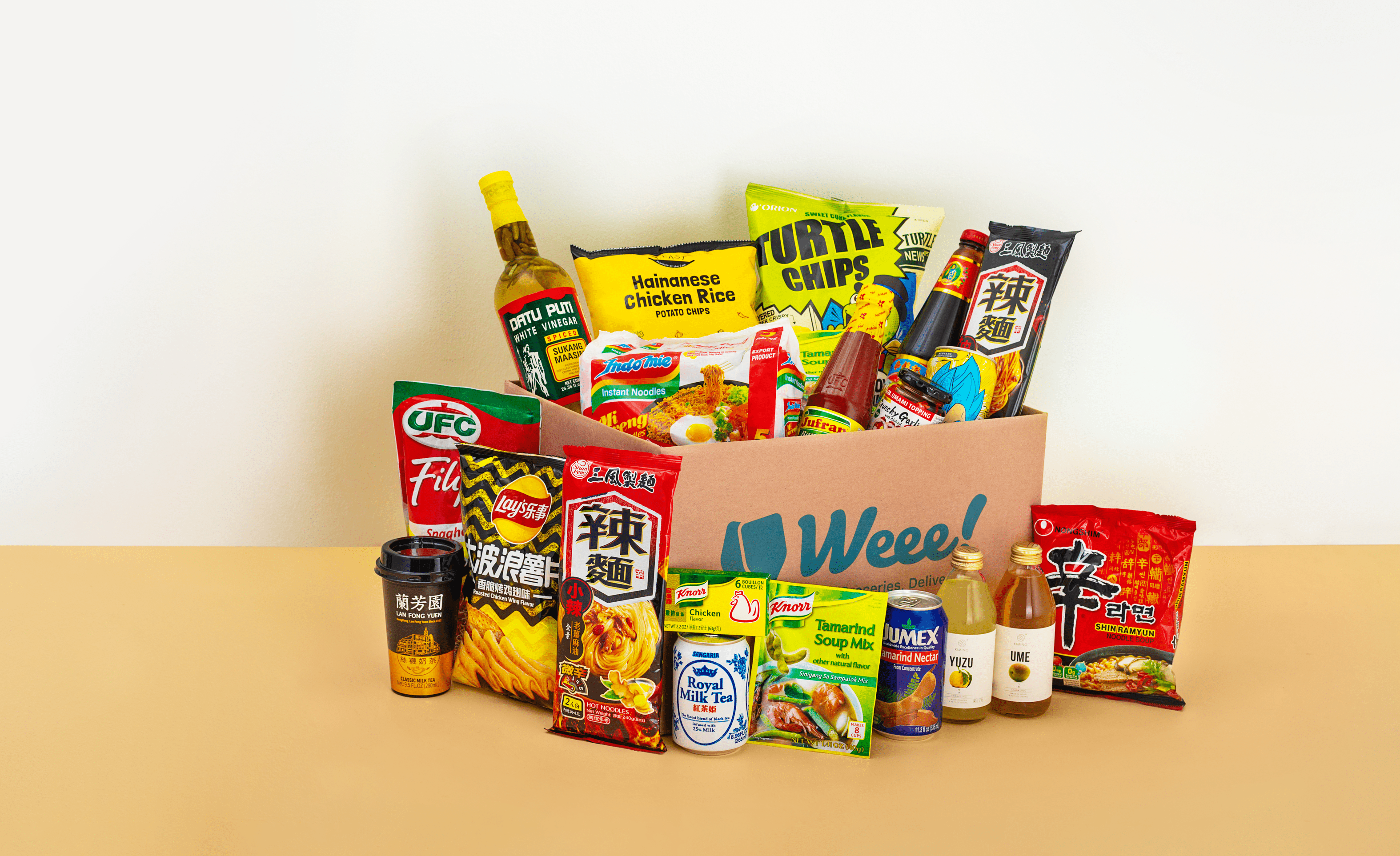Two delivery drivers for the Fremont-based grocery delivery startup Weee! sued the company alleging labor code violations, including garnishing of tips, failure to provide adequate breaks and ignoring health and safety laws.
Filed in Alameda County Superior Court, the suit is seeking class-action status and has two named plaintiffs, Yi Song and Xiangyang Ji.
Both started working as delivery drivers at the company’s facility in Union City in 2021. While Song still works at the company, Ji was terminated after three months, allegedly in retaliation for his complaints about the company’s violations.
The complaint alleges that Weee! also established policies that punished employees for discussing their wages and working conditions. A hearing is scheduled for April 25.
Weee!, which specializes in delivering hard-to-find items from Asian and Hispanic grocery stores, was founded in 2015 by Larry Liu and has raised more than $850 million in funding, including a $425 million Series E led by SoftBank that gave it a valuation of $4.1 billion.
Weee! did not respond to a request for comment on the lawsuit.
According to the complaint, the two plaintiffs noticed “substantial irregularities with their tip-related compensation” in a sign that the company was withholding payment amounts past typical tax deductions. The complaint also alleges that Weee! established policies that punished employees for discussing their wages and working conditions.
After a customer lodged a complaint with Weee! regarding the transparency of tip payments, a human resources manager issued a message that threatened “disciplinary action” for those who “disseminate any improper statements,” according to the lawsuit. The lawsuit said that the company terminated a drivers’ WeChat group where working conditions were discussed and retaliated against workers who lodged complaints.
The plaintiffs also claimed health and safety violations, including a lack of training and hand protection for workers handling dry ice. That led to one of the named plaintiffs experiencing dizziness, shortness of breath and nearly a loss of consciousness while driving, according to the complaint.
The complaint also claims that around 100 delivery drivers are misclassified as independent contractors, despite performing the same duties and responsibilities as drivers who are classified as W-2 employees, and that the company forces drivers to work through meal breaks.
The plaintiffs are seeking back pay, compensatory damages and civil penalties under the Private Attorneys General Act, as well as an injunction to stop the company’s alleged labor code violations.
